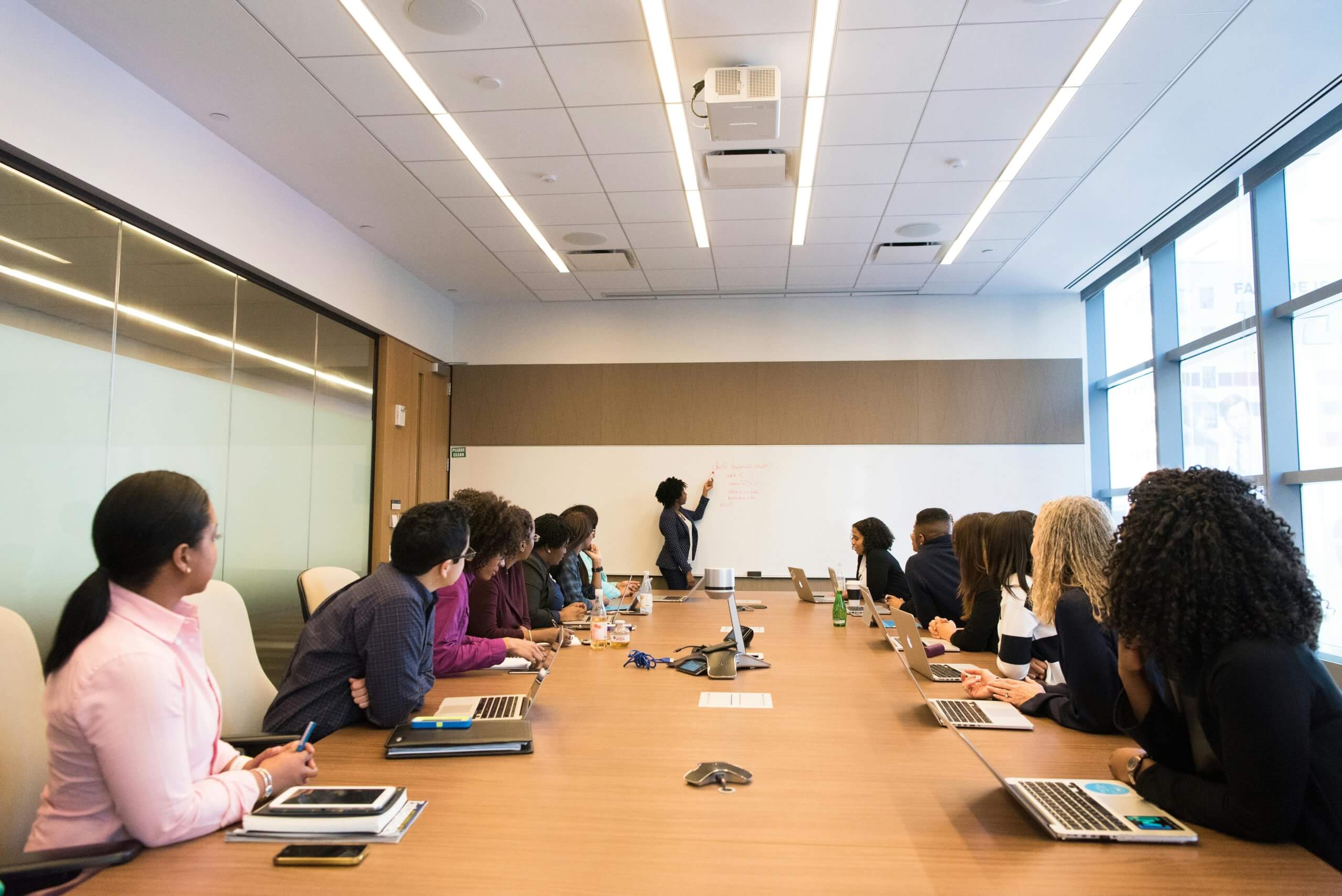
«He started giving me a shoulder massage and then went down and touched my breasts and belly up to my pubis. While the harasser was acting, colleagues asked if we were finished, but they didn’t open the door.”
«I was told “we usually hire men because as soon as you join a company with a permanent contract you women get married and go on maternity leave”.
“My boss often told me I would never get a promotion because I wore tight skirts to the office and didn’t realize how sexy I was.”
These are some of the gruesome testimonies collected in the report We will not stay in our place. For the right to a job free from harassment and violence, that WeWorld – an independent Italian organization committed to guaranteeing the rights of women and children in over 25 countries, including Italy – presents on the occasion of the International Day for the Elimination of Violence against Women. The report, which is based on the survey conducted by Ipsos on harassment and violence at work, and collects 140 anonymous testimonies from women and men, addresses a more urgent topic than ever: guaranteeing safe workplaces that respect the dignity of all people is in fact a matter of human rights and social justice.
From sexual harassment to sexist and discriminatory language, in Italy there are still too many episodes of violence and harassment in the workplace suffered every day by workers. “Harassment at work is one of the many manifestations of patriarchy,” he comments Martina Albinicoordinator of the WeWorld Study Center. «In recent decades, the right to safe and dignified working conditions has been weakened by policies that have reduced trade union power, incentivized staff reductions and encouraged delocalisation, creating widespread vulnerability that pushes many people to accept difficult working conditions, putting their rights on the back burner and suffering mistreatment, discrimination and harassment. It is essential to openly question the dynamics of abuse underlying these abuses and work to build safe and respectful working environments for everyone: a fundamental human right».
The opinion survey, carried out by WeWorld in collaboration with Ipsos on a sample of 1,100 workers between 20 and 64 years old, offers a concrete and current look at the phenomenon, which reflects the many testimonies of people from different contexts social, confirming the transversal nature of the problem. Abuse in the workplace can be of different nature: physical (such as slaps or assaults), psychological (insults, exclusion), sexual (unwanted advances, blackmail) or economic (obstacles to professional growth). According to the sample interviewed, the most widespread forms of violence are verbal violence (56%), in second place mobbing (53%) and in third place, secondly, abuse of power (37%). Closed by physical violence (10%), stalking (6%) and online violence (2%). Sexual harassment is perceived as the most serious form of violence by 52% of the sample, followed by mobbing (37%) and physical violence (34%), and the perception is that women suffer almost all forms of violence more than to men, with the exception of physical violence and bullying. Again, the 60% of workers are aware of episodes of violence that have occurred in their workplace, 42% of those interviewed have witnessed or suffered episodes of violence in the workplace and 22% have suffered violence in the workplace at least once in their life. Among women the figure rises to 28%.
The perpetrators of workplace violence? They are mainly male bosses (42%) or male colleagues (35%), followed by female colleagues (22%) and female bosses (13%). In particular, 1 in 2 women (50%) among those who have suffered violence in the workplace indicate the male boss as the perpetrator of the violence. Among the consequences of violence at work, stress and anxiety (56%). Immediately afterwards, the burnout was indicated by 33%, followed by decreased self-esteem (30%), resignation (25%), and depression (21%). 25% of the sample interviewed resigned after violence at work, and 14% were fired following violence suffered in the workplace.
Given the difficulty in reporting – the main reason is the fear of losing one’s job (59%) – male and female workers indicate the institution of sanctions for violent behavior (37%), the rapid and serious management of reports of violence (37%) and the possibility of reporting via anonymous reporting lines (32%).
Here are some proposals from Weworld, aimed at the Italian context. In addition to training courses in all companies and the promotion of multi-channel awareness campaigns aimed at the entire population, the introduction of mandatory sexuality and affectivity education curricula in schools of all levels. And, again, with a view to recognizing and monitoring the phenomenon, the improvement of the Certification of gender equality, the introduction of the crime of sexual harassment in all areas, including the workplace, and the introduction and improvement of tools for risk assessment. It is then necessary to intervene by adopting a Code of Conduct that protects workers in cases of violence and harassment in the workplace, identifying specialized figures and adequate appeal mechanisms, and establishing support programs for those who have suffered or witnessed violence.







